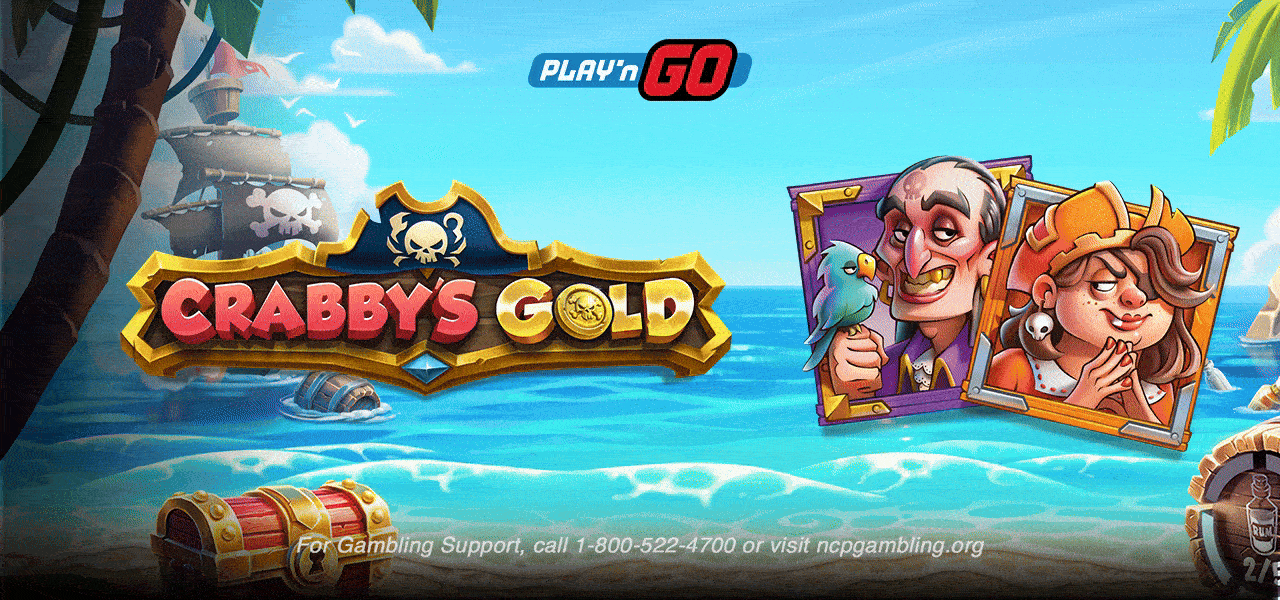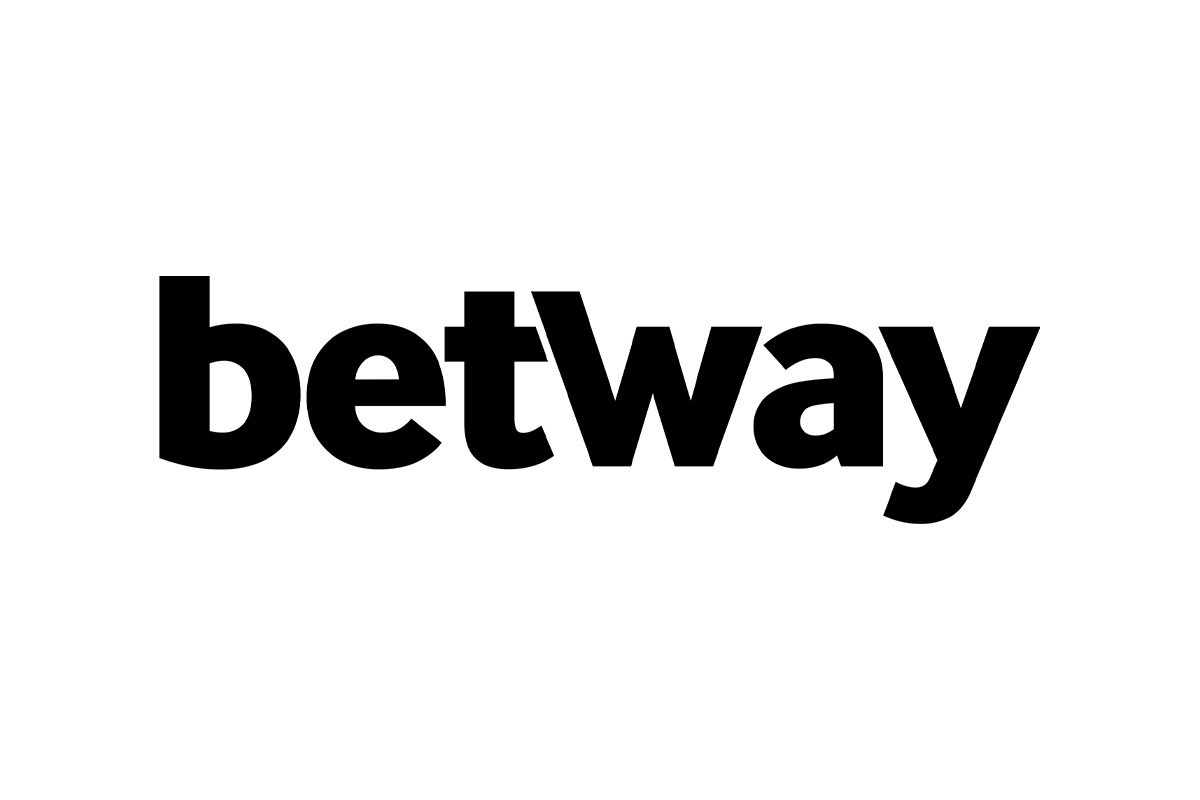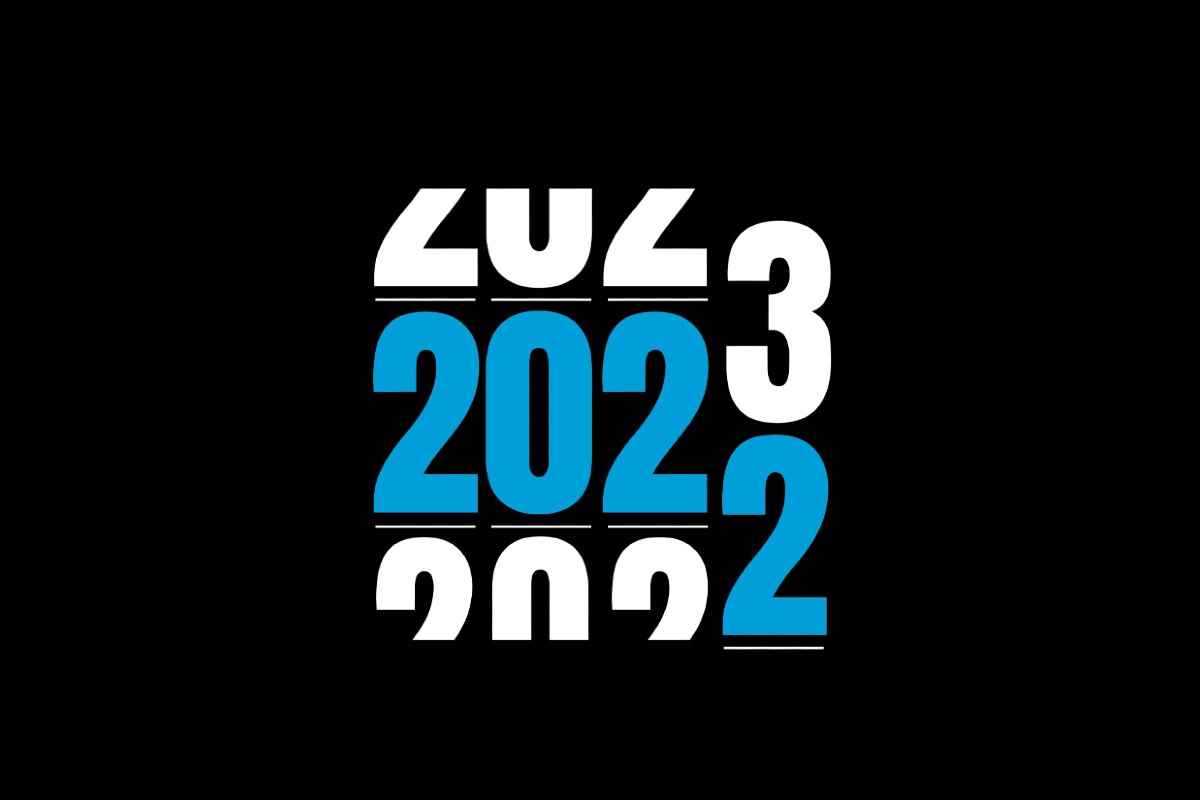eSports
Esports Highlights: Trends to Watch in 2025
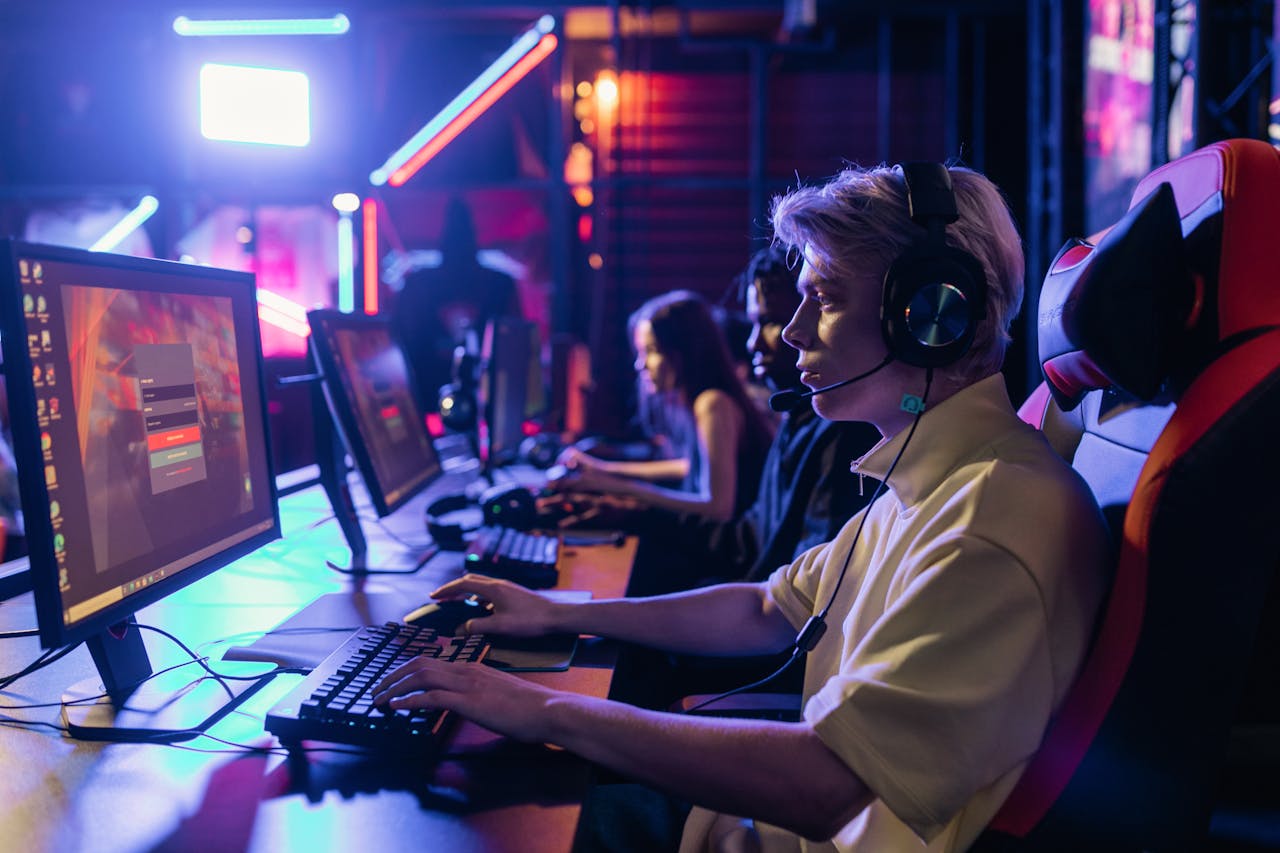
Esports, the competitive side of video gaming, has evolved exponentially over the past few decades. From small gatherings of friends competing in local tournaments to massive international leagues and arenas filled with thousands of fans, the landscape of esports has dramatically shifted. With its growth, new trends continue to emerge, bringing about changes in both the games that dominate and the ways in which audiences experience these events. As we look ahead to 2025, several key trends will shape the future of esports, from technological advancements to shifts in fan engagement. In this article, we’ll explore the most significant trends in esports that will likely define the landscape of 2025 and beyond.
1. Rise of Mobile Esports
One of the most important trends in esports in 2025 will be the further rise of mobile gaming. Traditionally, esports has been dominated by PC and console games, but with the advent of powerful smartphones and mobile devices, mobile gaming is now on the rise as a competitive platform. Games like PUBG Mobile, Free Fire, and Brawl Stars have already carved a niche for themselves, attracting millions of players and viewers globally.
Mobile gaming has the distinct advantage of the fact that it’s played on what’s already in your pocket. The fact that 4.3 billion people own at least one smartphone (compared to 1.86 billion PC gamers and 1.6 billion console owners) means that the bar for entry has never been lower.
Historically, esports has been dominated by North American (NA) and European (EU) players, with EU players typically having the edge in skill and performance. However, as the mobile esports scene continues to grow, emerging regions will most likely play a much bigger part in the global esports scene. Indeed, mobile esports has already gained immense popularity in regions such as Southeast Asia, Latin America, and India, where smartphones are more prevalent than gaming PCs or consoles.
In 2025, we can expect to see more titles being optimized for mobile platforms, leading to more inclusive and geographically diverse esports tournaments. Furthermore, the integration of 5G technology will significantly enhance mobile gaming experiences by heavily reducing latency and increasing connection speed, making it even more appealing for professional players and fans.
2. The Continued Convergence of Traditional Sports and Esports
Esports and traditional sports have already begun to overlap in several areas, and this convergence will only grow stronger by 2025. Traditional sports leagues, teams, and athletes are increasingly investing in esports teams and tournaments. For example, major soccer clubs like Paris Saint-Germain and FC Barcelona have their own esports teams competing in popular games such as FIFA and Rocket League. Similarly, the NBA has its NBA 2K League, which draws in a new generation of fans while also engaging current basketball enthusiasts.
Notably, certain motorsports leagues have begun trying out notable “sim-racing” champions and giving them chances and tryouts in real race cars. This style of esports to real sports promotion could prove even more common as more real-life sports leagues more closely examine the talent found in esports champions.
The online betting scene has also begun to take notice of the rising popularity of esports and competitive gaming. Most notably, Stake offers both sports betting and eSports betting, which are easier to have fun with than ever.
The collaboration between traditional sports and esports will likely intensify in the coming years, with more partnerships, cross-promotion, and even possible hybrid events. These collaborations will provide new opportunities for esports to reach wider audiences and gain mainstream legitimacy. Fans of traditional sports who may not yet be engaged with esports will become more familiar with the esports scene as their favorite teams and athletes become involved.
In recent years, major TV networks have increasingly embraced esports, recognizing its immense popularity and potential to attract younger, tech-savvy audiences. Networks such as ESPN and TBS have begun broadcasting major esports tournaments, including events like the League of Legends World Championship and NBA 2K League. These partnerships have helped legitimize esports as a mainstream form of entertainment, drawing in millions of viewers and boosting sponsorships and advertising revenue. The inclusion of esports in traditional media platforms also reflects the growing popularity of esports as a whole.
3. The Growth of Virtual Reality (VR) and Augmented Reality (AR) in Esports
Virtual Reality (VR) and Augmented Reality (AR) are two of the most exciting technologies poised to revolutionize the gaming and esports industries. By 2025, VR and AR are expected to enhance the way fans and players experience esports, providing more immersive and interactive environments.
In esports, VR has the potential to offer a fully immersive competitive gaming experience. Players may be able to step into digital worlds with greater interactivity and presence than ever before. VR was in a bit of a slump before Facebook Inc. notoriously changed its company name to Meta Inc., while betting everything on VR and the “Metaverse” being the next big thing. While the Metaverse hasn’t quite yet gained popularity as Meta had hoped, the big push has definitely revived VR and VR gaming, and player numbers are at an all-time high. VR esports could be a lot more prominent in the near future, with some possible contenders for games being Beat Saber and Pavlov.
AR, on the other hand, could change the way fans watch live esports events by overlaying real-time stats, player profiles, and other dynamic content directly into the live broadcasts, as well as onto the smartphones of live attendees. Some traditional sports, (such as Formula 1) have already begun doing so, and esports could very well follow.
4. Increased Focus on Content Creators, Streaming Platforms, and Online Betting
Esports and streaming platforms like Kick, Twitch, and Youtube are deeply intertwined, with content creators and streamers playing a pivotal role in driving viewership, engagement, and revenue. By 2025, these figures will continue to be central to the esports ecosystem, bridging the gap between professional players and casual fans by offering entertainment, educational content, and community-building activities.
Notably, in the past few years, we’ve seen many different Content creators and streamers popularize the genre of speedrunning, the concept of competing in order to fully beat a single-player game in the shortest possible time. In the days of the COVID-19 pandemic, hours-long video essays covering different games’ speedrunning scenes exploded in popularity and viewership, driving never-before-seen audiences to speedrunning events and tournaments.
Examples like these show that online personalities have a huge influence on the popularity of esports and gaming tournaments, both in offline single-player gaming and online hyper-competitive multiplayer tournaments.
Moreover, online betting platforms, particularly Stake.com, will see greater prominence within the esports landscape. As esports fans continue to engage with their favorite games, teams, and events, platforms like Stake will allow users to bet on outcomes, adding an exciting new dimension to the esports experience. This integration of online betting with streaming and content creation will provide fans with even more ways to interact with the esports world, further blurring the lines between gaming entertainment and real-world stakes.
5. Increased Professionalization of Esports Leagues
As esports continues to mature, the structure of its leagues and competitions will become more professionalized. By 2025, we can expect a more established framework for esports leagues, akin to the way traditional sports leagues such as the NFL or NBA are organized. This shift will include increased focus on player welfare, standardized rules, and higher production value for events.
We could very possibly see esports organizations implementing stricter player contracts, better health and wellness programs, and improved support systems for players transitioning into new stages of their careers. Additionally, esports leagues will likely aim for better governance to ensure fairness and transparency in player management, league operations, and tournament outcomes.
Large corporations such as Valve Corporation and Riot Games have already been funding entire leagues on their own, but we could expect to see these leagues become more self-sufficient, as well as potentially new grassroots esports leagues popping up.
6. Expansion into New Games and Genres
While League of Legends, Dota 2, and Counter-Strike 2 dominate the esports scene today, new games and genres will continue to emerge and challenge the status quo. We are poised to see new competitive games in genres never before heard of appear in the future.
The current mainstream of 5v5 first-person shooters and top-down MOBAs is definitely popular for now, but the future is, as always, unpredictable. As the esports audience diversifies and seeks new experiences, the demand for new games that offer different styles of gameplay will grow. One game that’s earned a lot of recent attention is Valve’s Deadlock, a fresh take that attempts to wrap a MOBA and a third-person shooter into one game. It borrows all kinds of mechanics from both genres and is currently available for beta testing.
Additionally, one historical genre of gaming that’s been somewhat neglected in the mainstream esports scene is fighting. Popular fighting franchises such as Tekken and Street Fighter are ultra-competitive 1 on 1 experiences that would fit into the modern esports scene incredibly well. They would also fit incredibly well into a traditional tournament bracket, which most modern esports leagues use in their events. It could be a matter of time until we see these games truly explode into the mainstream esports scene.
7. The Impact of Artificial Intelligence (AI) and Machine Learning on Esports
AI and machine learning are increasingly being integrated into esports, both in-game and behind the scenes. In-game AI can be used to enhance the gameplay experience, provide better matchmaking, and even develop more intelligent NPCs (non-playable characters) for single-player games. Additionally, AI and machine learning are already being used in order to develop more sophisticated anti-cheat software. More advanced and sophisticated anti-cheat will ensure that anyone from regular run-of-the-mill players to battle-hardened esports competitors is all on a completely level playing field.
Behind the scenes, AI can help analyze player performance, predict outcomes, and optimize tournament structures. As these technologies advance, their role in esports will grow, providing more personalized and efficient experiences for players and fans alike.
8. Gender equality in Esports
The future of esports holds immense promise in terms of gender equality, offering the opportunity for both men and women to compete together at the highest levels. Unlike traditional physical sports, where physical strength can be a determining factor, esports provides a level playing field where skill, strategy, and teamwork take precedence. This opens up a world of untapped potential, where an equal participation of men and women could elevate the entire industry, driving innovation and diversity.
By 2025, as barriers to entry continue to diminish, the growing recognition of female players, content creators, and professionals will help shape a more inclusive esports scene. Once we overcome societal hurdles and biases, the industry will see a more unified, competitive, and dynamic environment.
9. Esports as a Career Path
In 2025, esports looks sure to continue to be a legitimate career path for players, coaches, analysts, and content creators. As the industry matures, more individuals will pursue esports as a viable career option.
In addition to competitive gaming, roles such as event organizers, team managers, game developers, and data analysts will become more prominent within the esports ecosystem. The increasing number of job opportunities within esports will help professionalize the industry and ensure its growth in the future.
Educational institutions will most likely offer more dedicated programs and degrees in esports management, broadcasting, and game design, offering professional pathways for future talents. Some high schools and universities have even been starting up their own amateur esports clubs and leagues, as a way for students to socialize and find common interests with each other.
Conclusion
As we head into 2025, esports will continue to evolve, with major transformations driven by mobile gaming, VR/AR integration, and the growing influence of content creators and streaming platforms. The professionalization of leagues and the expansion into new genres will ensure esports remains dynamic, offering exciting opportunities for players, fans, and industry professionals alike.
eSports
Esportes da Sorte celebrates Brazilian culture with Parintins and São João Sponsorships
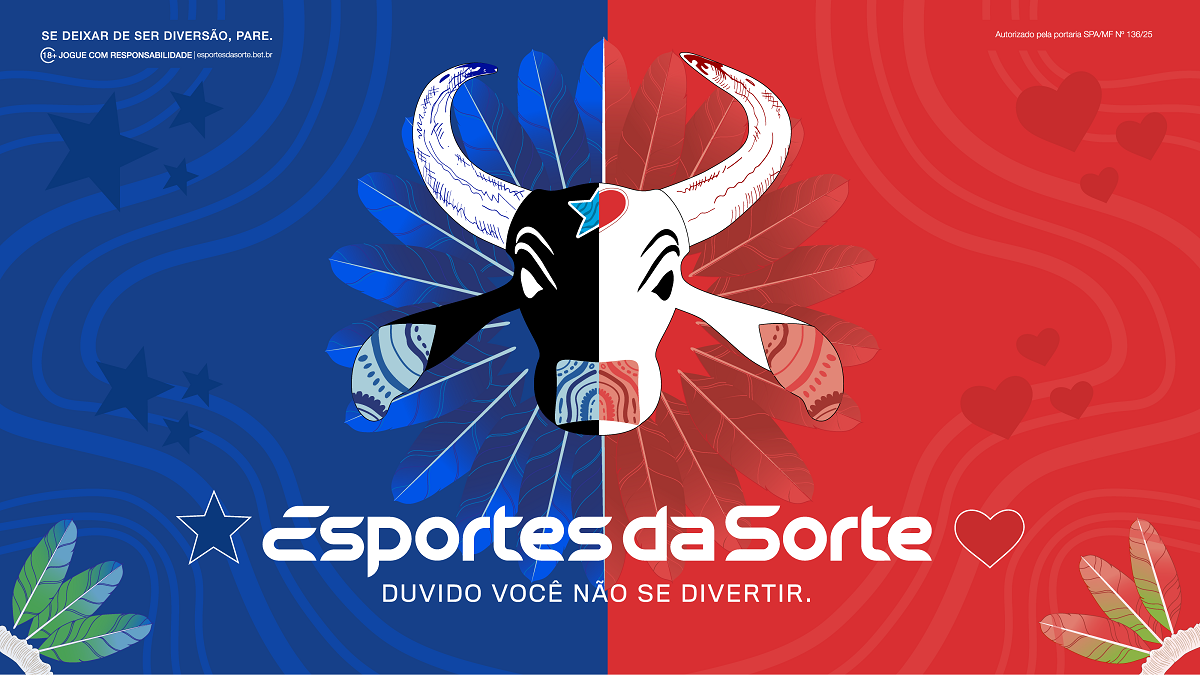
Esportes Gaming Brasil, the owner of Onabet and Esportes da Sorte, is making its debut at the 58th Parintins Folklore Festival with an interactive project that blends cultural promotion, economic development, and social responsibility.
The brand becomes the first regulated betting operator to offer institutional support to the event, which welcomes around 120,000 visitors and generates BRL 184 million in local economic activity, according to the Amazonas State Government.
This cultural commitment comes on the back of Esportes Gaming Brasil sponsoring 31 São João festivals during June in 27 cities across the Northeast and Southeast regions. This initiative strengthens the brand’s strategy of connecting with the public through the appreciation of Brazilian cultural expressions.
Esportes da Sorte’s focus was creating memorable experiences as each event featured scenography by Pernambucan artist Perron Ramos. Another notable element was the Vila Junina (June Village), a themed area blending traditional elements with interactive experiences. Classic games such as Pescaria da Sorte (Fishing of Fortune), Barraca do Beijo (Kissing Booth), and Argola da Sorte (Ring Toss) bring nostalgia to the festivities.
For the three-day Parintins Folklore Festival starting today, the brand will be energising Parintins with a series of experiences celebrating local culture. These include a panoramic lounge with a special view of the Bumbódromo, the Truck da Sorte — a space combining karaoke and free hydration — as well as a Social Arena installed in the Garantido and Caprichoso neighborhoods, featuring artistic performances, rest areas, free water distribution, and Instagram-worthy spots. Festivalgoers will also be able to get their hands on custom giveaways throughout the festival. All elements of the visual project are inspired by Amazonian art. The graphics feature illustrations by Curumiz, a Parintins-based duo formed by Alziney Pereira and Kemerson Freitas.
Sofia Aldin, CMO of Esportes Gaming Brasil, the group behind the brand commented: “Esportes Gaming Brasil cares passionately about regional values and strengthening Brazilian popular culture. It’s more than simply showcasing our brand, we want to create value for the people who live for events like the Parintins Folklore Festival and the São João festivals. Being part of these events backs our strategy of supporting traditions that drive local economies and celebrate regional identities.”
eSports
BETBY EXPANDS LATAM FOOTPRINT WITH MOBADOO ESPORTS PARTNERSHIP
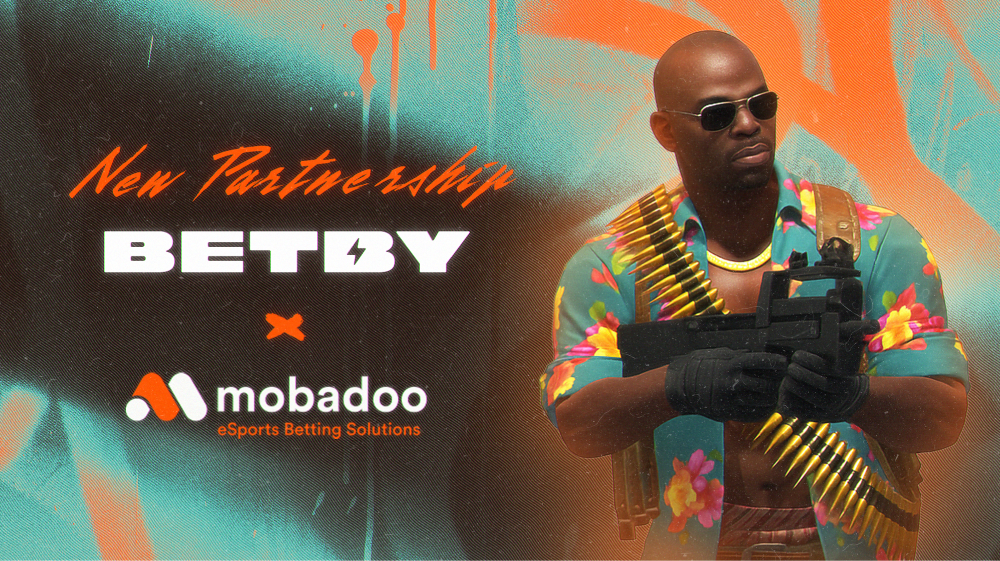
BETBY, a leading sportsbook supplier, has announced a new partnership with prominent LATAM-focused esports provider Mobadoo, in a move that will see its Betby.Games portfolio fully integrated into Mobadoo’s product lineup.
This collaboration enables Mobadoo — which has an established presence and deep market understanding across Latin America — to incorporate BETBY’s proprietary and award-winning esports offering, delivering dynamic and fast-paced betting content to its growing user base. Among Betby.Games’ titles are eSoccer, eBasketball, eFighting, eCricket, eShooter, eHorse Racing, eTennis, and the Brazil-relevant eVaquejada.
As one of the most comprehensive and high-frequency esports betting solutions in the industry, Betby.Games offers access to more than 70 tournaments, over 350 betting markets, and more than 300,000 live matches each month. This collaboration will not only enhance Mobadoo’s offering but also reinforce BETBY’s position as a leading esports supplier in the LATAM region, a key pillar in the supplier’s global expansion strategy.
“Mobadoo has an excellent reputation and strong regional expertise, making them an ideal partner for us. Their commitment to innovation in esports and the rapid growth of this vertical in the region made our partnership only a matter of time,” commented Kirill Nekrasov, BETBY’s Head of Sportsbook Product. “This agreement not only expands the reach of our unique Betby.Games content, but also aligns perfectly with our global strategy of delivering flexible, high-performance esports solutions to next-generation operators. Together, we’re set to further strengthen our leading position in the LATAM region.”
José Aníbal Aguirre, Chief Marketing Officer at Mobadoo, added: “We’re thrilled to integrate Betby.Games into our offering. The depth and quality of their esports content is unmatched, and this partnership gives us a powerful new edge in catering to LATAM’s passionate esports fanbase. With BETBY’s support, we’re confident we can elevate the player experience and unlock new growth opportunities across the region.”
eSports
Red Bull Home Ground Heads to New York this November
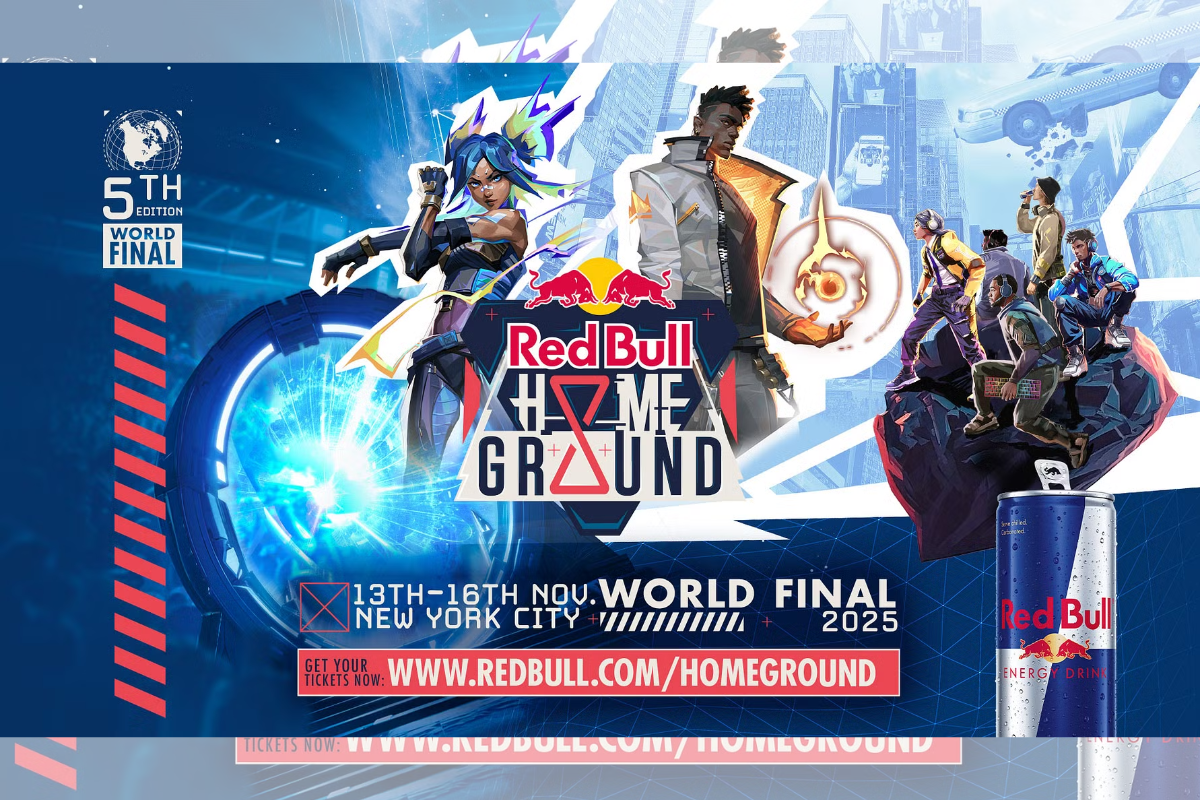
Red Bull Home Ground, the pro VALORANT invitational, is set to make its return with a blockbuster fifth edition, bringing together the world’s top teams to New York City, for one of the most exciting showcases in the esports calendar. From November 13–16, the iconic Hammerstein Ballroom at the Manhattan Center will host four electrifying days of competition, as global giants and rising stars fight to claim the title of 2025 off-season champions.
This year, Red Bull Home Ground will feature a stacked lineup of elite contenders. Returning champions T1 are ready to defend their crown, joined by two-time VCT Global Event winners Fnatic and fan-favourites G2 Esports, Sentinels, and ZETA DIVISION. Joining these giants will be the two top teams who earn their place through the Play-In Stage and an additional team to be revealed – a gauntlet of global qualifiers open to all in India, USA, Spain, Turkey, Chile, Egypt, Belgium, Germany, South Africa, Netherlands, Japan, and EMEA qualifiers, giving players around the world the chance to earn a spot to go against the best-of-the-best on the main stage. The final main stage slot will be revealed at a later date.
For the first time, the Red Bull Home Ground World Final will be hosted in the United States, taking place at the legendary Hammerstein Ballroom in Manhattan. Known for its grand Beaux-Arts architecture and storied history hosting icons like The Grateful Dead and Guns N’ Roses, the venue offers a perfect blend of classic New York legacy and modern spectacle for this high-stakes tournament. The action kicks off on November 13-14, with both days dedicated exclusively to the Play-in stage and the opening stages of the competition. For fans eager to experience the action live, tickets for the public main stage event on November 15-16 are available for purchase via Ticketmaster.
At last year’s Red Bull Home Ground in Berlin, fans were treated to an unforgettable grand final as T1 stormed to victory over Cloud9, clinching the championship title with a dominant 3-1 series. With every edition, Red Bull Home Ground has elevated the VALORANT off-season calendar, known for its fast-paced format, jaw-dropping plays, and international flair. Red Bull Home Ground continues to be a staple tournament for pro teams looking to compete against the best competition and for fans ready to witness thrilling match-ups.
-

 Canada5 days ago
Canada5 days agoAGCO Fines Great Canadian Casino Resort Toronto $350,000 for Serious Regulatory Violations Linked to Impromptu After-Party on Gaming Floor
-
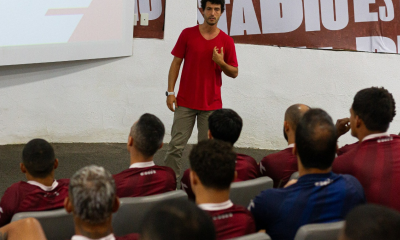
 Compliance Updates5 days ago
Compliance Updates5 days agoEsportes da Sorte holds forum on “Integrity in Sports” with Ceará and Náutico
-

 Latest News5 days ago
Latest News5 days agoBlokotech unveils Cristian Tonanti as new Casino Partnership Manager
-
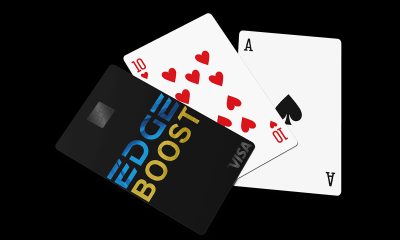
 Latest News5 days ago
Latest News5 days agoEDGE Boost Named Preferred Payment Method for World Series of Poker Event Series
-
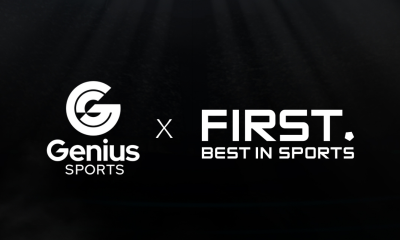
 Latest News5 days ago
Latest News5 days agoFIRST and Genius Sports Extend Landmark Data Partnership, Powering Continued Growth
-

 Canada5 days ago
Canada5 days agoIGT and Atlantic Lottery Sign Eight-Year Video Lottery Central System Technology Agreement
-

 Latest News4 days ago
Latest News4 days agoNASCAR & iRacing Renew Partnership with PlayVS
-

 Latest News3 days ago
Latest News3 days agoRivalry Reports Full-Year 2024 Results as Strategic Turnaround Takes Hold, Operating Loss Narrows, and Efficiency Improves


